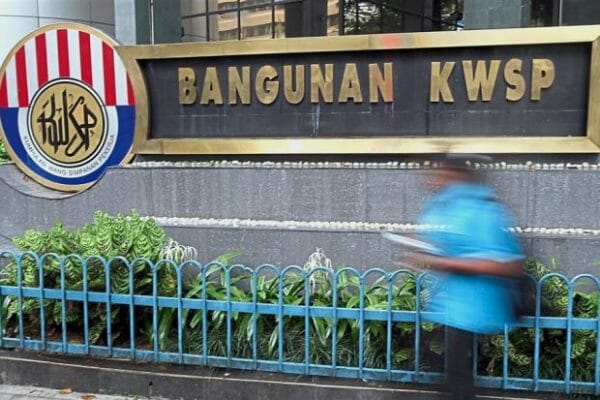A new account for anytime access
The Employee Provident Fund (EPF) recently announced the creation of the Flexible Account (or Account 3) – a scheme that allows 10% of members’ balances to be dedicated to unconditional withdrawal, subject to the current balance in their Account 2.
CGS International (CGS) said today (APR 26) that contributors will need to opt-in to have the initial balance transferred to the Flexible Account, but future contributions will be channelled into the account by default.
The scheme will start on 11 May 2024. RM20bn-30bn potential boost to consumption
CGS argued that the EPF Flexi account could add further support, albeit limited, to consumption.
EPF has guided that RM20bn-30bn will likely be available for withdrawal from the facility, although the pattern of withdrawal will depend on members’ available balances.
Those who used the withdrawal facility during the pandemic may have a limited amount in Account 2, and by extension, a lower amount in the Flexible Account.
The majority of EPF members have limited balances
About 5.2m, or 62% of active members, have a total balance of less than RM50,000. Within this segment, 3.2m active members have less than RM10,000. Impact of past EPF withdrawals The impact of past withdrawal measures on the economy was seen in several ways:
Increases in excess savings, reflected by the higher CASA (current + savings account) balances which were then spent, supporting robust consumer spending.
Gold was a favourite for consumers
There was a noticeable increase in the import of non-monetary gold, which coincided with the Special Withdrawal in Apr 22.
Evidence from retail sales data points towards a spending increase when i-Citra and Special Withdrawal were announced, although it may have also corresponded with the removal of COVID-19 mobility restrictions.
On the stock market, the behaviour of retail players in KLCI is not obvious. CGS saw a spike in the volume of transactions upon the rollout of measures but this was likely a result of positive news effect.
Drawback: Present bias and dependency
CGS thinks present bias is common – if given the opportunity, consumers prefer to spend their wealth now, regardless of the impact it might have in later years.
With no limit for withdrawals, CGS believes members are likely to empty their account even if there are no emergencies.
Also, members could rely on the Flexible Account withdrawals to supplement their monthly income, leading to an unhealthy culture of dependency and living above their means.
Trade-off could be costly for the country
CGS thinks generous retirement fund withdrawals should never be permanent. The scheme may boost near-term consumption; however, the trade-off is fewer funds available for investment, affecting economic growth potential. In addition, those who are in dire need for cash support are likely those that have limited balances, or not an EPF member at all.
CGS thinks the key is to have in place mechanisms that disincentivise recipients from being overly dependent on the EPF Flexible Account. This could include requiring a higher percentage of EPF contribution, or requiring a minimum threshold amount of total balances before the Flexi Account can be created.









